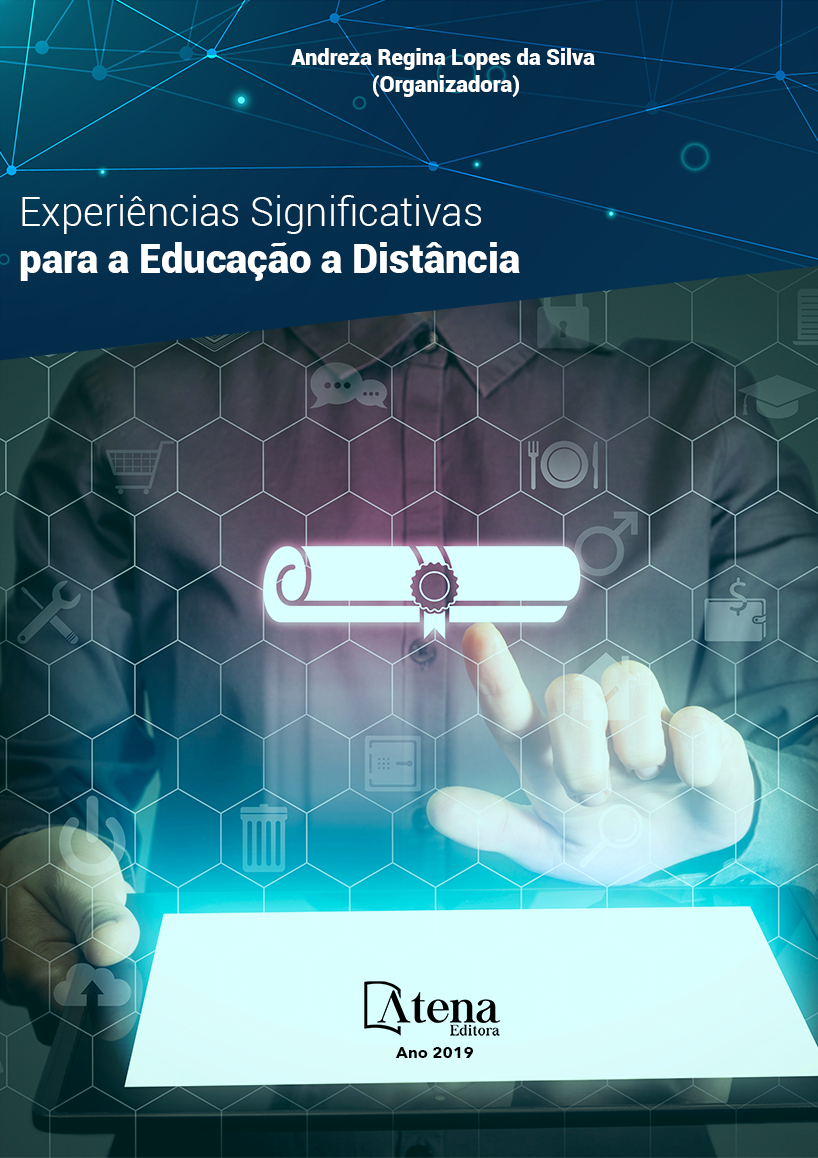
AS CONTRIBUIÇÕES DA FORMAÇÃO CONTINUADA PARA A PRÁTICA PEDAGÓGICA DOS DOCENTES QUE ATUAM NAS INSTITUIÇÕES ESCOLARES DE TEMPO INTEGRAL
O estudo apresenta uma análise
sobre as contribuições da formação continuada
para a prática pedagógica dos professores
que atuam na escola de tempo integral,
considerando a formação escolar e humana
das crianças. Os indivíduos que frequentam
a escola de tempo integral, passam a maior
parte do dia na escola, logo está não deve ser
somente um espaço instrucional, mas também
um espaço de socialização, interação e
compartilhamento. A formação do docente deve
proporcionar uma visão ampliada de mundo,
que busque oportunizar a partir de diferentes
recursos, as aprendizagens escolares e
não-escolares da criança, envolvendo e
desenvolvendo as três dimensões: cognitiva,
social e afetiva, visto que o papel docente dentro
da escola vai muito além de ensinar o que lhes
é proposto em livros didáticos.. O problema de
pesquisa ficou assim configurado: Quais as
contribuições da formação continuada para a
prática pedagógica dos docentes que atuam na
escola de tempo integral diante da necessidade
de desenvolver a formação humana da
criança? A opção metodológica para subsidiar
essa pesquisa constitui-se numa abordagem
qualitativa, tomando como base pesquisas e
estudos bibliográficos. Os autores escolhidos
como base teórica assumem a concepção de
formação continuada como um processo, o
qual envolve estudo, reflexão, discussão e troca
de experiências. Para abordar a questão da
formação e das práticas docentes apoiou-se em
Manacorda (1990), Romanowski, Wachowicz
e Martins (2005), Romanowski e Martins
(2010). Autores como Rinaldi (2002) e Isaia
(2007) discutem a respeito da necessidade de
fomentar um planejamento de ensino baseado
na problematização.
AS CONTRIBUIÇÕES DA FORMAÇÃO CONTINUADA PARA A PRÁTICA PEDAGÓGICA DOS DOCENTES QUE ATUAM NAS INSTITUIÇÕES ESCOLARES DE TEMPO INTEGRAL
-
DOI: 10.22533/at.ed.5791915042
-
Palavras-chave: Formação continuada. Escola de tempo integral. Formação humana.
-
Keywords: Continuing education. Full-time school. Human formation.
-
Abstract:
The study presents an analysis on
the contributions of continuing education to the
pedagogical practice of teachers who work in full
time school, considering the school and human
education of children. Individuals attending fulltime
school spend most of their day at school,
so it should not only be an instructional space,
but also a space for socialization, interaction,
and sharing. Teacher training should provide
an expanded view of the world, which seeks to
opportunize from different resources, the school
and non-school learning of the child, involving
and developing the three dimensions: cognitive,
social and affective, since the teaching role
within of the school goes far beyond teaching what is proposed to them in textbooks. The
research problem is thus configured: What are the contributions of continuing education
to the pedagogical practice of teachers who work in full-time school in the face of the
need to develop the human training of the child? The methodological option to subsidize
this research is a qualitative approach, based on research and bibliographical studies.
The authors chosen as the theoretical basis assume the conception of continuous
formation as a process, which involves study, reflection, discussion and exchange of
experiences. To address the issue of training and teaching practices was supported by
Manacorda (1990), Romanowski, Wachowicz and Martins (2005), Romanowski and
Martins (2010). Authors such as Rinaldi (2002) and Isaia (2007) discuss the need to
foster teaching planning based on problematization.
-
Número de páginas: 15
- Thalita Vianna de Lima


